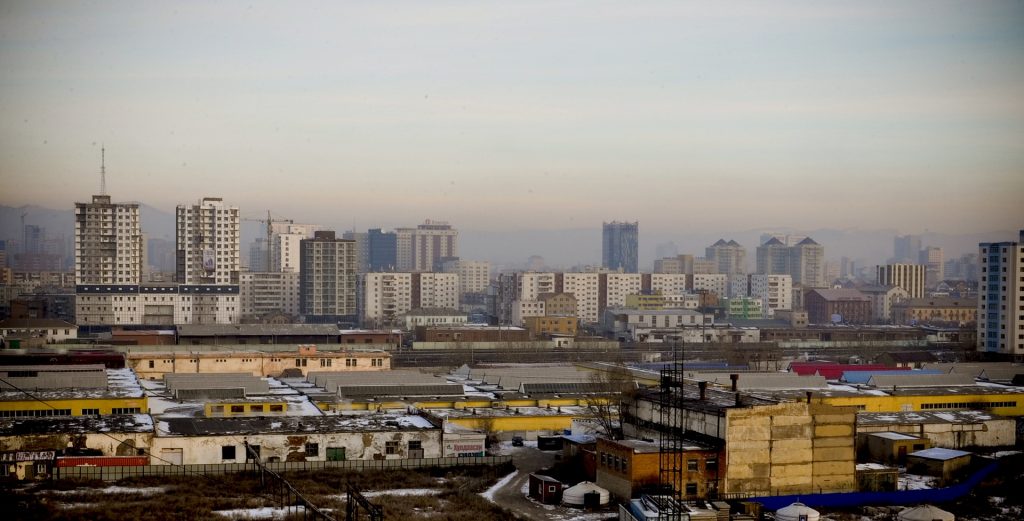Scientists find air pollution link to lung cancer
Researchers say they have cracked how air pollution leads to cancer, in a discovery that completely transforms our understanding of how tumours arise.
The team at the Francis Crick Institute in London showed that rather than causing damage, air pollution was waking up old damaged cells.
One of the world’s leading experts, Prof Charles Swanton, said the breakthrough marked a “new era”. And it may now be possible to develop drugs that stop cancers forming.
The findings could explain how hundreds of cancer-causing substances act on the body.
The classical view of cancer starts with a healthy cell. It acquires more and more mutations in its genetic code, or DNA, until it reaches a tipping point. Then it becomes a cancer and grows uncontrollably.
But there are problems with this idea: cancerous mutations are found in seemingly healthy tissue, and many substances known to cause cancer – including air pollution – don’t seem to damage people’s DNA.
The researchers who also work at University College London, have produced evidence of a different idea. The damage is already there in our cell’s DNA, picked up as we grow and age, but something needs to pull the trigger that actually makes it cancerous.
The discovery came from exploring why non-smokers get lung cancer. The overwhelming majority of lung cancers are caused by smoking but still, one in 10 cases in the UK is down to air pollution.
The results are a double breakthrough, both for understanding the impact of air pollution and the fundamentals of how we get cancer.
Dr Emilia Lim, one of the researchers who is based at the Crick and UCL, said people who had never smoked but developed lung cancer often had no idea why.
“To give them some clues about how this might work is really, really important,” she said.
“It’s super-important – 99% of people in the world live in places where air pollution exceeds the WHO guidelines so it really impacts all of us.”









